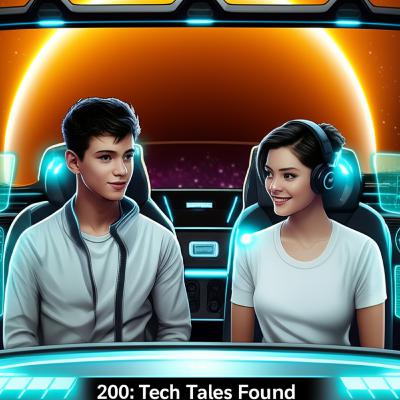Serf: When a Company Betrays Open Source, the Community Fights Back with Code
Description
In August 2023, HashiCorp’s decision to relicense key open source tools like Serf from the Mozilla Public License (MPL 2.0) to the restrictive Business Source License (BUSL) ignited a firestorm across the tech community. This shift, intended to protect HashiCorp from competitors commercializing its software without contributing back, was widely perceived as a betrayal of open source principles. Developers and companies that had built critical infrastructure on Serf—relying on its free, modifiable, and shareable nature—faced sudden legal and financial uncertainty. The response was swift and decisive: the community executed a ’fork,’ creating independent, open source continuations of Serf based on the last MPL-licensed version. This act of forking was not merely technical but symbolic—a grassroots assertion of digital freedom and trust. The emergence of projects like Serf forks and the more prominent OpenTofu (a fork of Terraform) highlighted the resilience of the open source ecosystem and its capacity to self-correct when core values are compromised. Ethically, the controversy raised urgent questions about corporate responsibility in open source: can companies leverage community contributions for growth, then later restrict access for profit? The incident prompted major tech firms to reevaluate their dependencies, favoring truly open source tools with stable licenses. Policy-wise, it intensified scrutiny around the definition and sustainability of open source, reinforcing the importance of license stewardship. The ripple effects extend to everyday users, as instability in foundational tools can impact service reliability, innovation speed, and long-term costs of digital platforms. While HashiCorp maintains its BUSL-licensed products, the existence of viable forks ensures continued access to open alternatives, preserving choice and competition. The Serf forks movement underscores a broader tension in modern software development: the clash between commercial viability and communal innovation. Its lasting impact lies in demonstrating that open source is not just about code, but about trust, transparency, and collective ownership—principles that remain essential to a decentralized, equitable internet. The saga serves as a cautionary tale and a rallying cry, reminding both developers and users that the digital infrastructure underpinning modern life is shaped by ongoing battles over control, ethics, and the future of collaboration.





